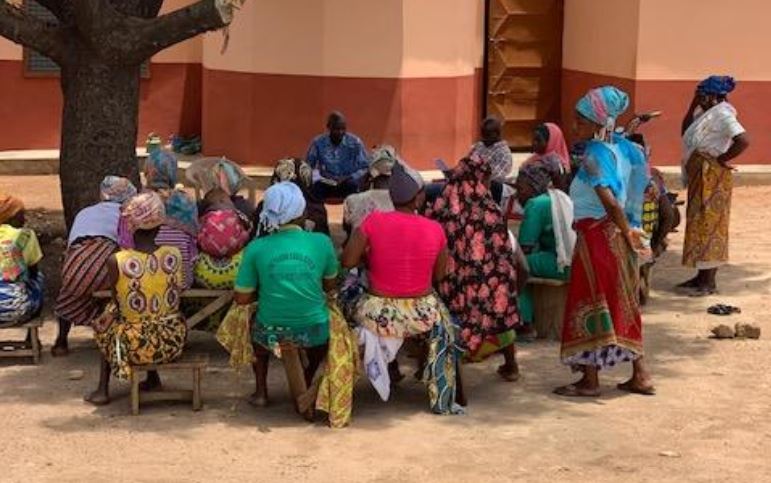 Kayayei Project: Family Processes and Rural-urban Migration among Adolescents
Kayayei Project: Family Processes and Rural-urban Migration among Adolescents
Principal Investigator: Ozge Sensoy Bahar, PhD
Study Aims: Kayayei Project: Family Processes and Rural-urban Migration among Adolescents (2018-2020) funded by the National Institute of Mental Health, Grant Number: R21HD091534, is a two-year study that seeks to provide insights into child labor in Ghana, particularly around factors associated with unaccompanied female migration to cities. It will examine caregivers’ perspectives on: 1) ethnotheories on childhood/adolescence; the child’s role in the family; child independent migration and labor; gender; cultural context and parents’ own lived experiences; and 2) family processes and multi-level factors that influence female children’s decisions to migrate for work.
Study Design: This qualitative study is conducted in two of the poorest regions of Ghana, the Northern and North East regions. Parent/caregivers will be divided into three groups that have adolescent daughters that either:
1. migrated to work in the informal economy;
2. dropped out of school but stayed in their village; or
3. remained in school full-time (n=15 in each group; n=90 total).
Caregivers from each district will be interviewed using in-depth, semi-structured interviews and demographic survey data will also be collected.

